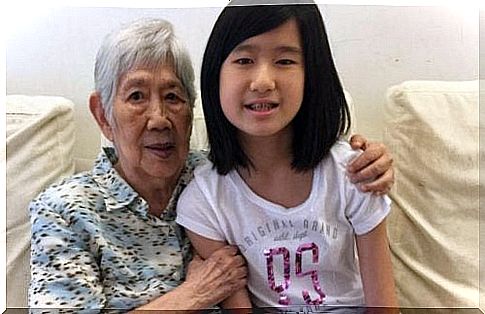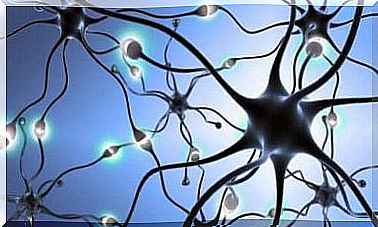An App For Alzheimer’s Patients
Thanks to the app created by this 12-year-old, Alzheimer’s patients can use mobile technology to, among other things, remember family ties

Emma Yang is a special child. At the age of 12, she experiences a difficult reality that millions of people around the world know: a loved one who suffers from Alzheimer’s disease.
In her case, it is her grandmother who was diagnosed 5 years ago and who currently resides in Hong Kong.
Sometimes via the Internet or when visiting her, Emma noticed how, little by little, her grandmother forgot important things.
She began to forget her age, she did not understand why sometimes she did not come to eat or why she was so far away.
Later began the most painful for this teenager: her own grandmother confused her with other relatives. It is not easy to experience this type of reality.
It is hard for the person who is suffering, for the family and also for a group that no one talks about: the children.
Emma Yang has invented something incredible. Something that will help her own grandmother, but also everyone with Alzheimer’s disease.
In this article, we’ll tell you what it is.
“Timeless”: the mobile application for Alzheimer’s patients
Emma Yang’s main fear is that her grandmother will stop recognizing her, and that one day, this favorite granddaughter no longer exists in the mind of this friendly-faced old lady.
- Sooner or later it will happen. There will come a time when the moments of lucidity will be little invitations to the real world to connect with one’s own. But only every now and then.
- However, and we cannot forget it, people with Alzheimer’s react wonderfully well to something very concrete: love, displays of tenderness, affection.
- Even though it is clear that for a 12 year old this is not enough, she refuses to let her grandmother go, to allow her brain to erase that she is her granddaughter, as well as this bond of complicity that unites them.
To combat the onset of oblivion, Emma created a mobile app called “Timeless” to prevent important things from disappearing.
So that what is the most beautiful and the most important in his life is “eternal”.
Emma Yang, 12 years old.
Technology available to Alzheimer’s disease
Emma Yang created it in collaboration with Dr. Melissa Kramps, specialist in Alzheimer’s disease. It is a mobile application which has two concrete purposes.
- The first function is called “updates”. Its objective is to allow people diagnosed to always be in contact with their loved ones.
Her children, grandchildren, friends or other close beings interact with her. In particular through photographs and messages. The app tells the patient who is communicating with them and reminds them of their connection to that person.
- The other function is called “identify”. In this application, the person can review their family circle at any time. And therefore remember facts, details, photos, moments.
- Likewise, thanks to the camera, he only has to point the lens at a person and the phone reminds him of who it is.
Another detail as useful as it is interesting: the agenda. The sick person will receive a message each time they try to call a loved one twice in the same day (the application will remind them that they have already done so).
It will also alert him of dates to remember and special events like Easter and Christmas.
A child prodigy with a very clear dream
Emma Yang relied on invaluable help to create this mobile application. In addition to the doctor of neurology, Melissa Kramps, she was entitled to a scholarship.
- Emma’s parents are computer scientists. They work in a company specializing in the creation of technology based on facial recognition.
- His passion for technology therefore comes from his family. Indeed, at 8 years old, she was already an expert in the development of HTML and CSS Web. She thus knew the Java secrets and applications of MIT App Inventor.
- His professional future has only just begun. But Emma Yang has only one goal: to use technology and even virtual reality to help people with Alzheimer’s save their memory.
- Perhaps in the future, his strategies will be added to others to make this bet a success. But today we know that this application will only be useful to patients who have a certain autonomy to use the mobile phone.
It’s a way of slowing down the loss of cognitive faculties a little. But at more advanced stages, only the support of family and specialized professionals can offer an appropriate response for patients with Alzheimer’s disease.









